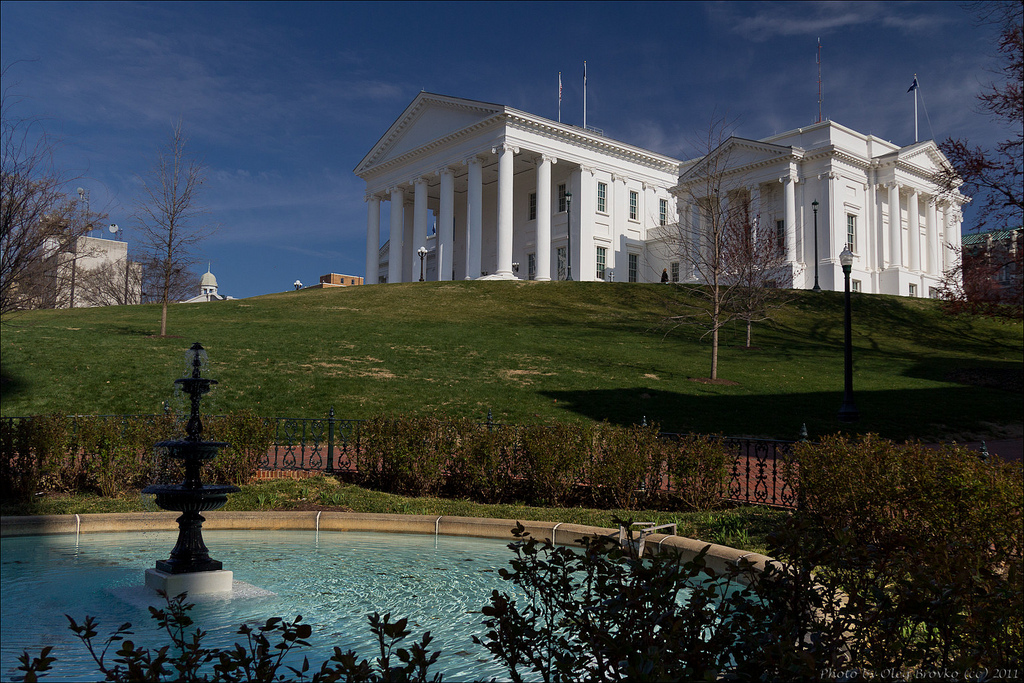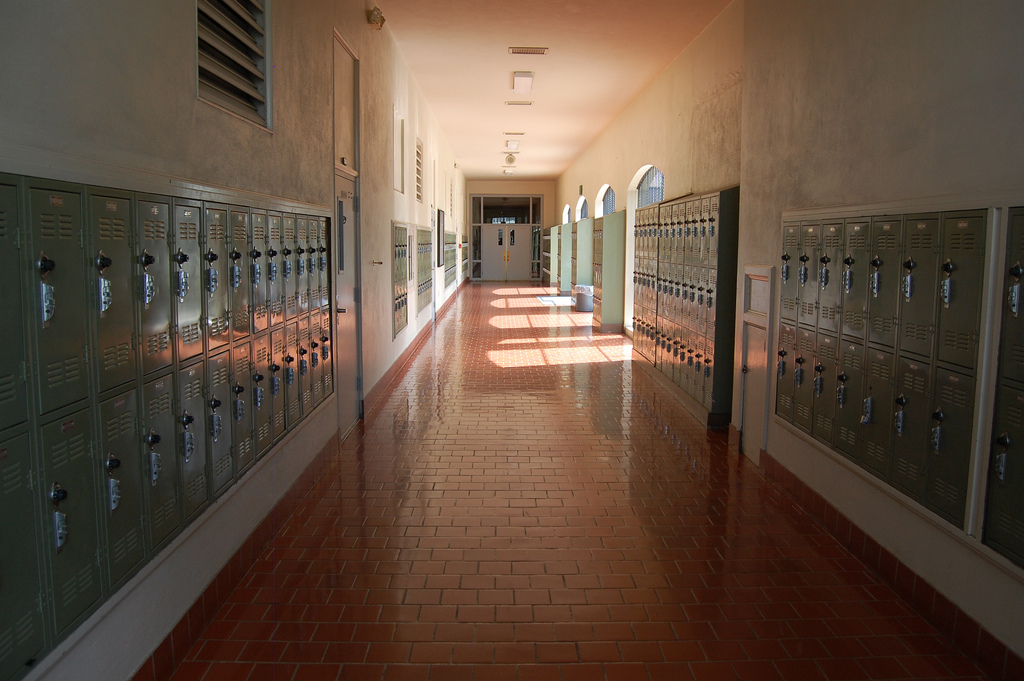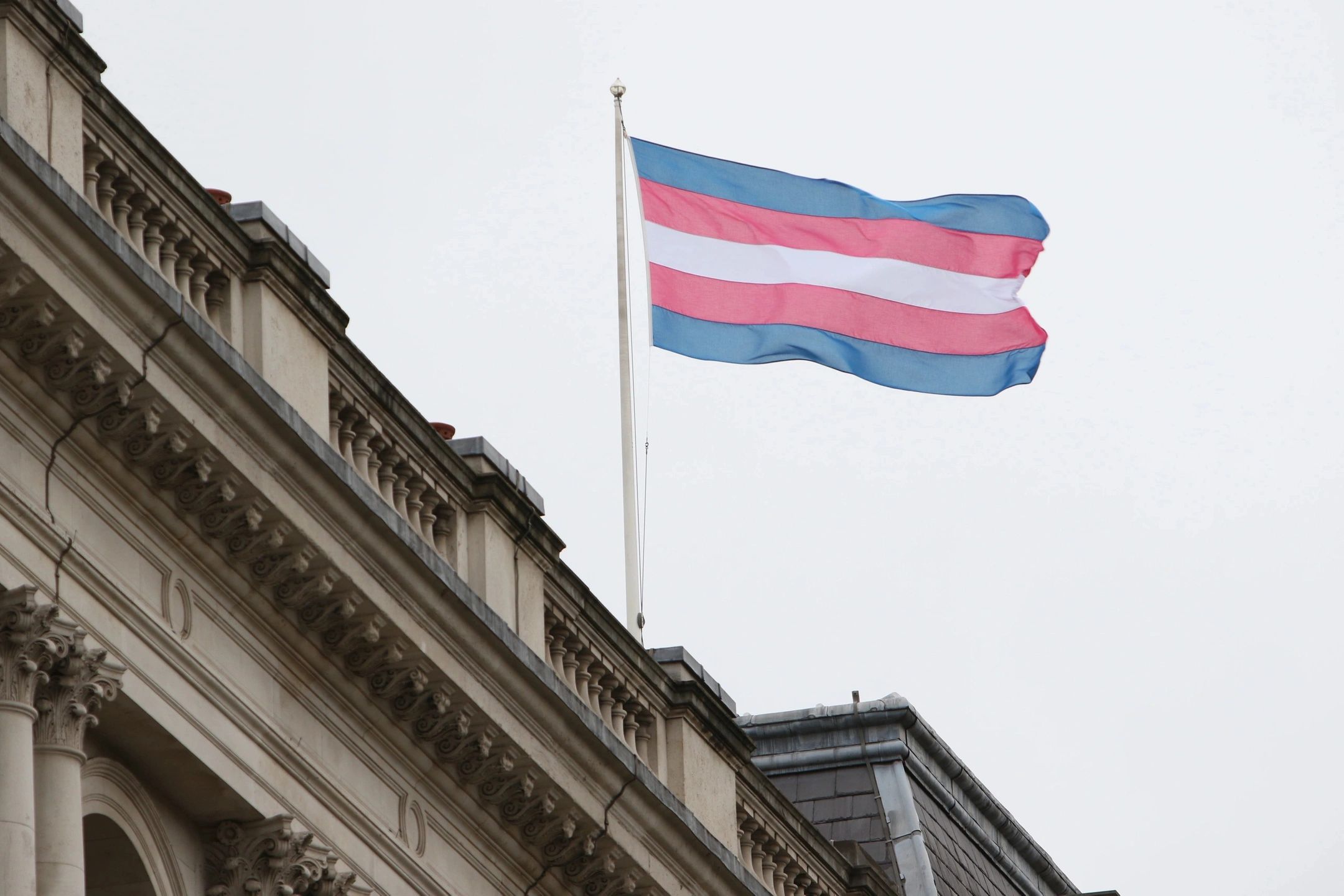In the saga of the months-long redistricting impasse in the Virginia House of Delegates between both Republicans and Democrats, there is now legislation being heavily-considered to reform the Commonwealth’s process of drawing political boundaries. On Monday, Speaker of the House Kirk Cox (R-Colonial Heights) signaled his support for a bill that would create an independent redistricting commission, taking away the map-making power from lawmakers in the General Assembly.
H.J. 615, introduced by Delegate Mark Cole (R-Spotsylvania), would move to produce an amendment to the Constitution of Virginia and establish a 12-member redistricting commission to draw and alter legislative districts after every decennial census. The next time boundaries would change other than with the currently-contested districts would be in 2021.
While the independent commission would work outside the grasp of Virginia lawmakers, they would still influence who would be involved.
According to the bill, the speaker of the House of Delegates, the State Senate Rules Committee, and the governor would each appoint four members to the commission – two from each major political party. Afterwards, the commission would create the district maps for both houses of the state legislature and U.S. House of Representatives districts, and submit those to the General Assembly. Then, lawmakers would vote to adopt them, without any amendments or alterations attached.
If the statehouse rejected the maps, the commission would redraw them. If a subsequent plan failed a passing vote, the seven-member Supreme Court of Virginia would be tasked with establishing the districts.
There has been much contention surrounding the redistricting process as the handling of the legislative maps has fallen more into the hands of seemingly unknown consultants that surgically apportion areas – down to neighborhoods and houses – where voters cast their ballots.
The current map – drawn in 2011, supported by a bipartisan contingent of delegates, and backed by the Virginia Black Legislative Caucus – was struck down by the Eastern District of Virginia last year after they ruled that 11 House districts in the Richmond and Hampton Roads metropolitan areas were unconstitutional racially gerrymandered.
Speaker Cox, in his capacity as intervenor-defendant in his appeal to the U.S. Supreme Court, on the docket as Virginia House of Delegates v. Bethune Hill (2019), said there are “clear legal errors” made by lower federal court, calling the ruling “judicial overreach.”
To recap the months-long impasse:
There was the $4 million Democratic lawsuit challenging the 2011 map; a federal court ruling part of the map unconstitutionally racially gerrymandered; a motion filed to the Supreme Court by Republicans; a mysterious map maker hired by Democrats; a “politically-neutral, race-blind” remedial map from Republicans; a scheduled vote in Richmond after a bipartisan agreement; a promise to veto the new plan by Governor Ralph Northam (D); a judicial contingency plan; a “special master” to re-draw the districts; an announcement that the Supreme Court will hear the redistricting case from Republicans in the spring; Speaker Cox calling for a stay on the judicially-mandated map pending the high court decision and to move back 2019 House primaries; and then the denial of that request.
Nevertheless, as Virginia Republicans are set to defend and rebuild their majority in this year’s statewide elections, it could become more of battle at the ballot box as the map selected by the Eastern District of Virginia – drawn by the same “special master” that reestablished Virginia’s congressional districts in 2016 – heavily favors Democrats.
The new legislative map reconfigured the lines of 26 districts, moving several powerful Republicans into more liberal-siding districts.
At least six Republican delegates, including Speaker Cox and House Appropriations Committee Chairman Chris Jones (R-Suffolk), would be running in districts where a majority of voters chose President Barack Obama in the 2012 presidential election, according to an analysis of the maps by the Virginia Public Access Project (VPAP).
Both parties in the House have until Friday, February 1 to file objections to the proposal before a final map is released. Meanwhile, the GOP’s appeal to the U.S. Supreme Court continues to move forward, which is set to be heard this spring.






